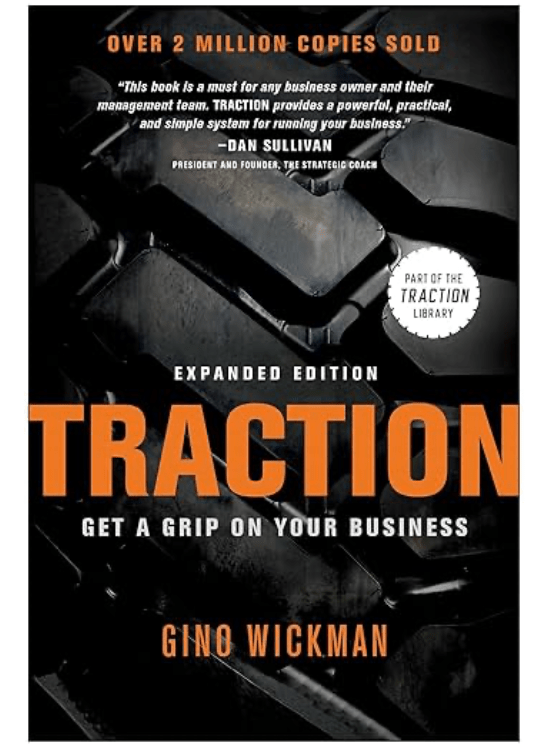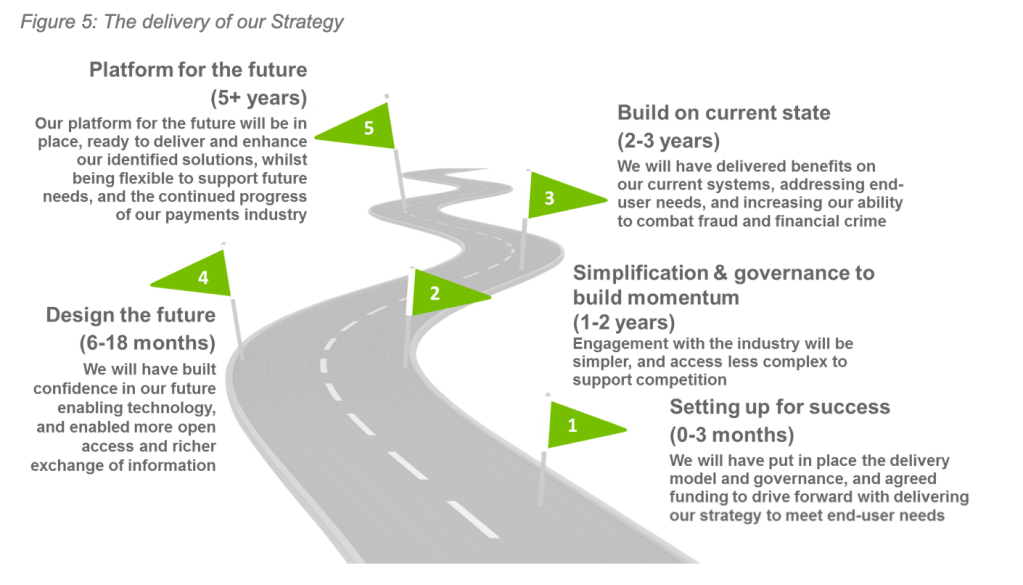
So I have my technology guy on board – Burkhard: German, very hard working & diligent, a whizz at maths, physics and computer science – and at his latest subject, AI. He brings with him a supa doopa AI Training Platform he’s honed on a couple of clients already.
We are pitching for some work at a consulting firm helping them develop their approach to AI & upskill their staff. So I start thinking: how does AI differ from other technology changes I have seen as an economist & management consultant over the last fifty years?
Not that much, I reckon. Thinking about AI has brought back to mind the endless hours I used to spend in the 1970s sending handwritten manuscripts to a place called Eastcote (by overnight van) for the typing pool there to do their worst. The key question was: how many times would you send it back with corrections in red ink before you gave up and resorted to snopake? Fixed with modern laptops, spellchecks et al – so technology improving both productivity and quality, just like AI.
Okay, but what’s this got to do with Johnny von Neumann – inventor of Game Theory and all-round bright guy – and the photocopying paradox? The phrase was invented by a colleague of mine – John Hawksworth – to describe our practice in the 1990s in a major accounting firm of recruiting bright young things from elite institutions and then asking them to do incredibly low-value clerical tasks: photocopying, formatting footnotes, and dicking about with PowerPoint decks. If today AI is beginning to dissolve that paradox – isn’t that all to the good?
A threat to the bright young graduates? I don’t think so – removing the drudgery will allow them to add more value earlier in their careers, and develop important skills – team working, dialogue & communication. And perhaps educate their superiors in the wonders (and potential pitfalls) of modern technology.











